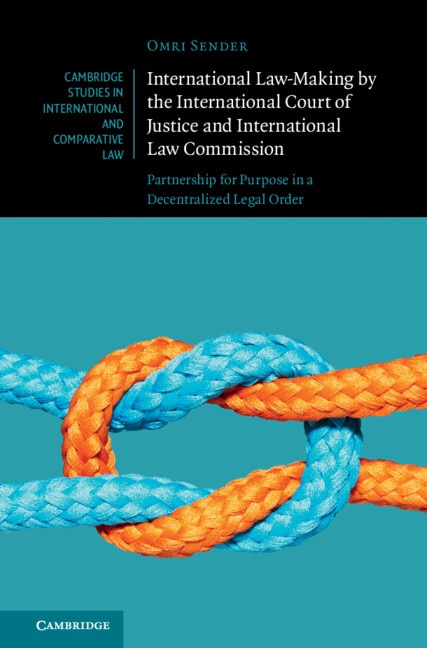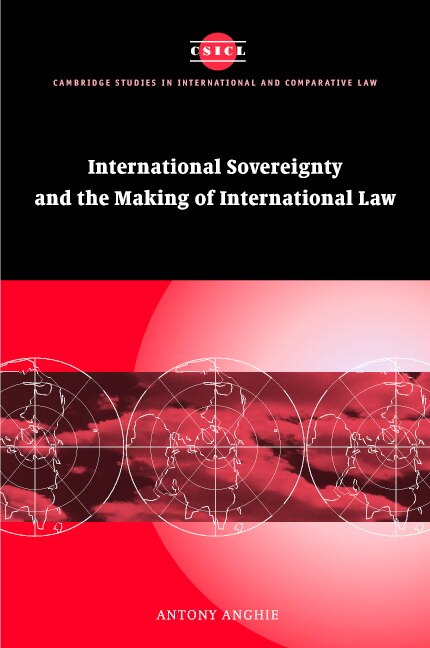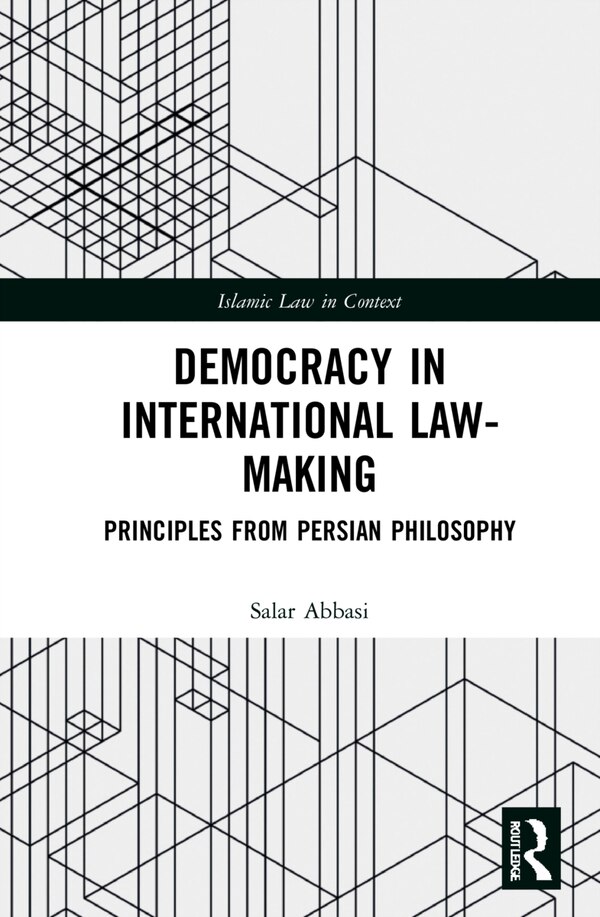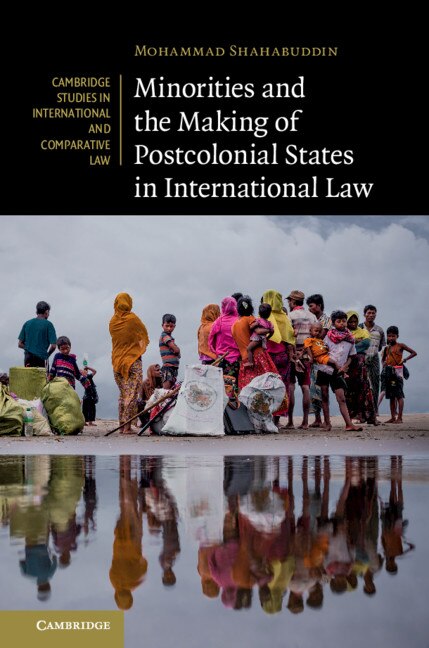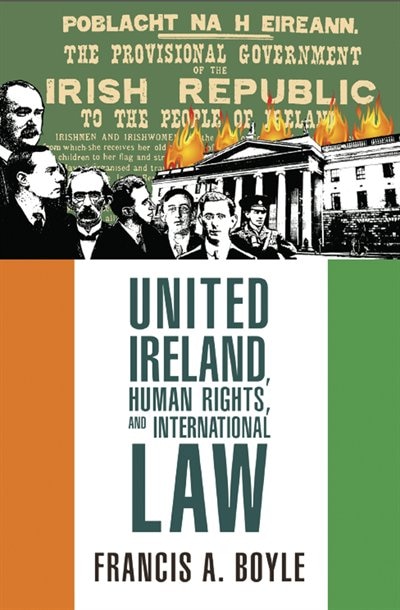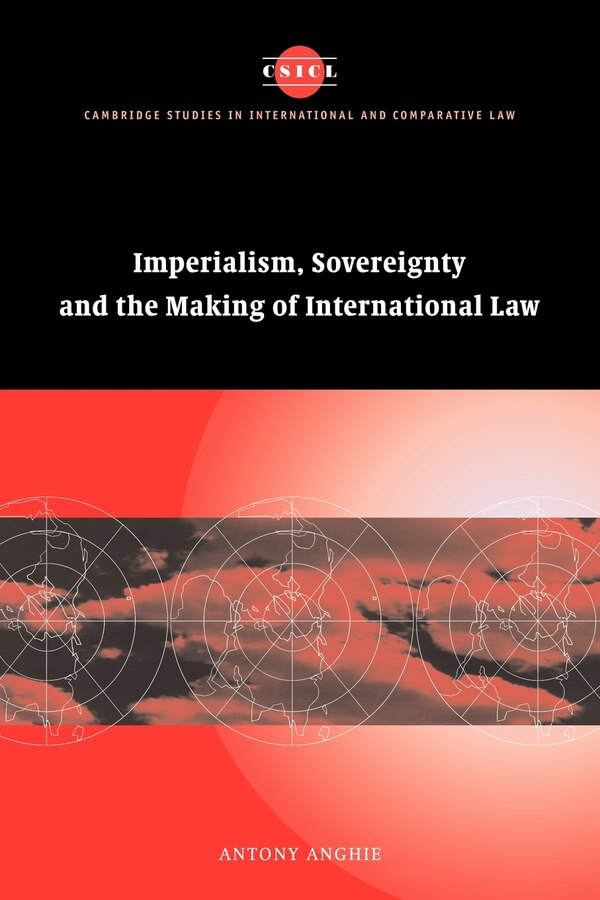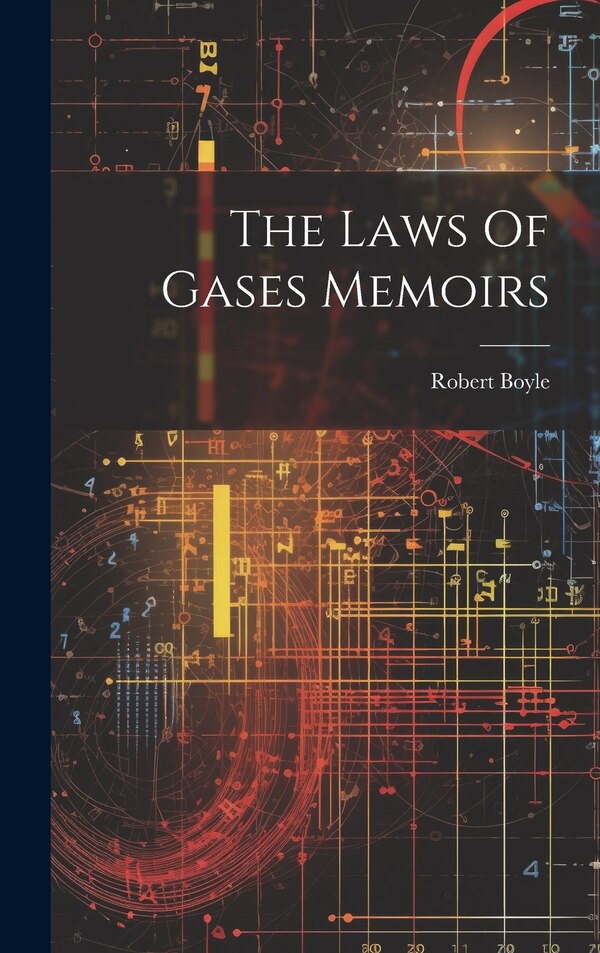Home
The Making of International Law by Alan Boyle, Hardcover | Indigo Chapters
Loading Inventory...

The Making of International Law by Alan Boyle, Hardcover | Indigo Chapters
From Alan Boyle
Current price: $201.00
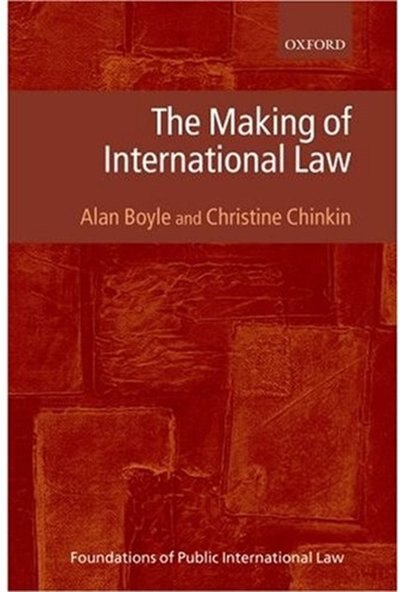

From Alan Boyle
The Making of International Law by Alan Boyle, Hardcover | Indigo Chapters
Current price: $201.00
Loading Inventory...
Size: 26 x 234 x 687
*Product information may vary - to confirm product availability, pricing, shipping and return information please contact Coles
This is a study of the principal negotiating processes and law-making tools through which contemporary international law is made. It does not seek to give an account of the traditional - and untraditional - sources and theories of international law, but rather to identify the processes, participants and instruments employed in the making of international law. It accordingly examines some of the mechanisms and procedures whereby new rules of law are created or old rules are amended or abrogated. It concentrates on the UN, other international organisations, diplomatic conferences, codification bodies, NGOs, and courts. Every society perceives the need to differentiate between its legal norms and other norms controlling social, economic and political behaviour. But unlike domestic legal systems where this distinction is typically determined by constitutional provisions, the decentralised nature of the internationallegal system makes this a complex and contested issue. Moreover, contemporary international law is often the product of a subtle and evolving interplay of law-making instruments, both binding and non-binding, and of customary law and general principles. Only in this broader context can thesignificance of so-called 'soft law' and multilateral treaties be fully appreciated. An important question posed by any examination of international law-making structures is the extent to which we can or should make judgments about their legitimacy and coherence, and if so in what terms. Put simply, a law-making process perceived to be illegitimate or incoherent is more likely to bean ineffective process. From this perspective, the assumption of law-making power by the UN Security Council offers unique advantages of speed and universality, but it also poses a particular challenge to the development of a more open and participatory process observable in other internationallaw-making bodies. | The Making of International Law by Alan Boyle, Hardcover | Indigo Chapters




